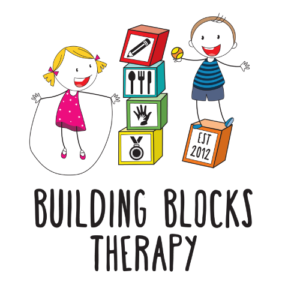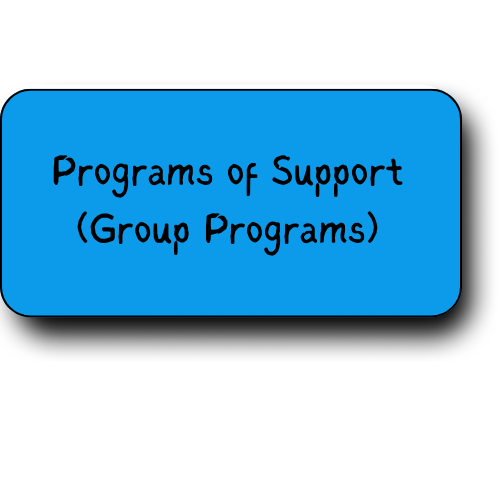Building Blocks Therapy Empowers Kids to Reach Their Full Potential!
At Building Blocks Therapy, we go beyond traditional therapy and focus on effective partnership and collaboration. We understand that you, as parents and caregivers, are the true experts in your child’s life.
We believe the best therapy outcomes come from a deep connection between family and therapists. By working closely with you, we create a powerful team where your invaluable insights, combined with our therapeutic knowledge, drive meaningful and lasting progress.
Our Programs & Services
At Building Blocks Therapy, we deliver solutions that are thoughtfully designed, measured, and refined to strive for the best outcomes for each child. From comprehensive programs to individualised paediatric occupational therapies, every aspect of our work is guided by comprehensive processes that prioritise quality, feedback, improvement, and evidence-based practice. We’re constantly innovating and evolving, driven by the belief that families deserve holistic, high-level care.
Service Funding Options
Our services are eligible for funding through various sources. The icons below identify the funding options available for each service.





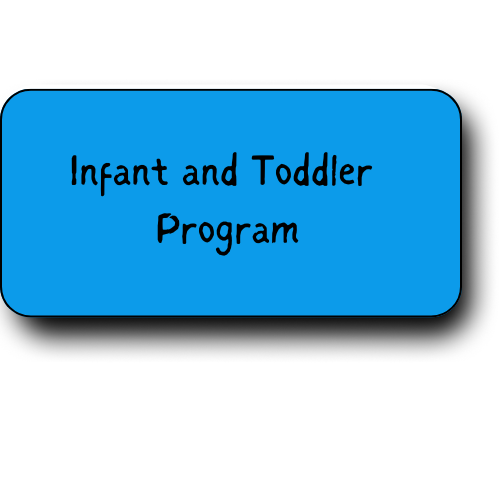
We are excited to introduce our Cuddle and Crawl Crew and Wobble and Walk Crew – playgroups designed specifically for families with little ones.

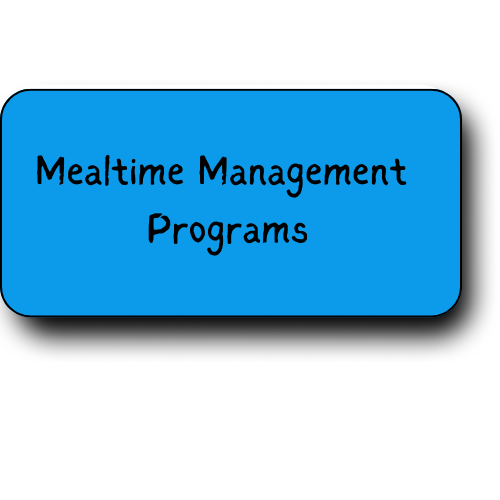
Our programs, Picky Pickers Play (ages 3-8) and Mealtime Masters (ages 10-14), promote building confidence with new foods in any stage a child is ready for. These programs prioritise positive social interactions and collaborative learning that is individualised, neuroaffirming and inclusive.


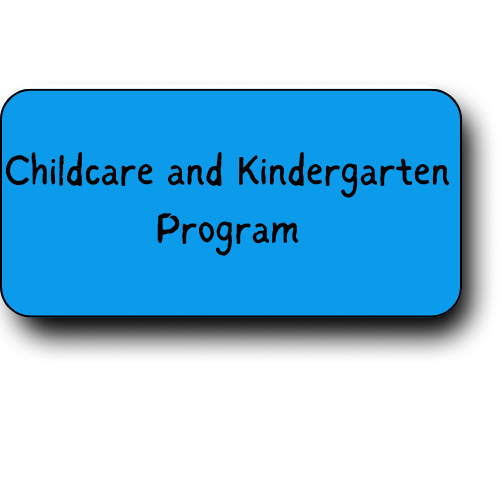
Empower your team to create thriving learning environments. Our programs equip educators with the tools and strategies to navigate diverse children’s needs, effectively implement the VEYLDF, and foster positive social-emotional environment.




Do you seek strategies to foster a more inclusive learning environment? Our School Inclusion Program offers practical solutions and guidance to transform your school’s inclusion processes. We empower educators with the knowledge and strategies to support diverse learning needs and build an inclusive school community.



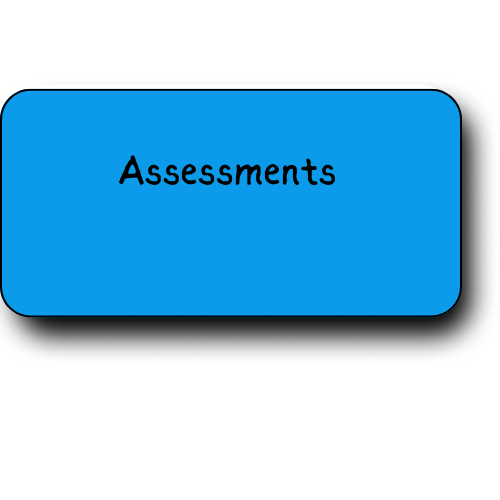
Do you need a specific assessment for your child? Click on the referrals icon below to be taken to Join Our Waitlist Page.



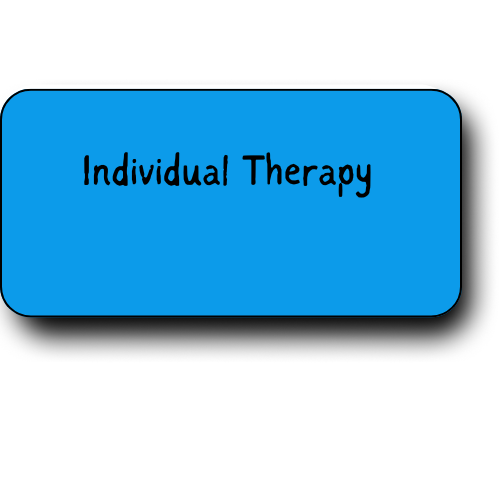
Do you need individual therapy for your child? Click on the referrals icon below to be taken to the Join Our Waitlist Page.



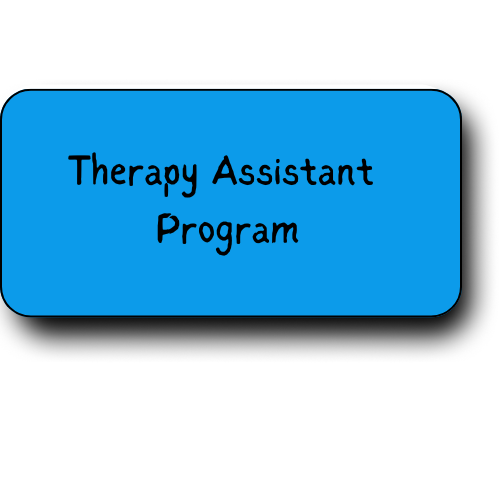
Empower your child with our short-term Therapy Assistant Program, created by our occupational therapist. These programs aim to build your child’s essential skills and teach you how to continue supporting them at home.


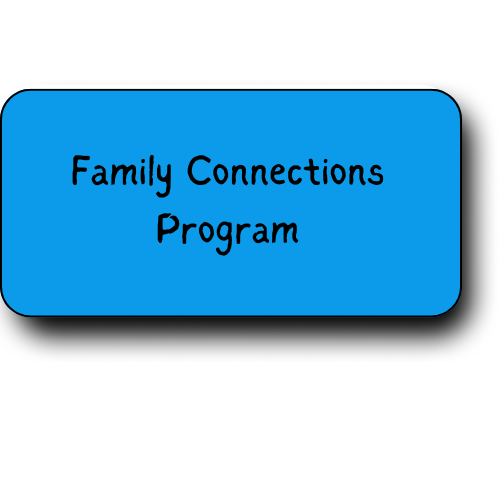
Strengthen your family bonds and build a more peaceful home. The Family Connections Program helps parents develop the tools to support their children’s emotional growth and address behavioural challenges.


Workshops for Educators and Allied Health Professionals
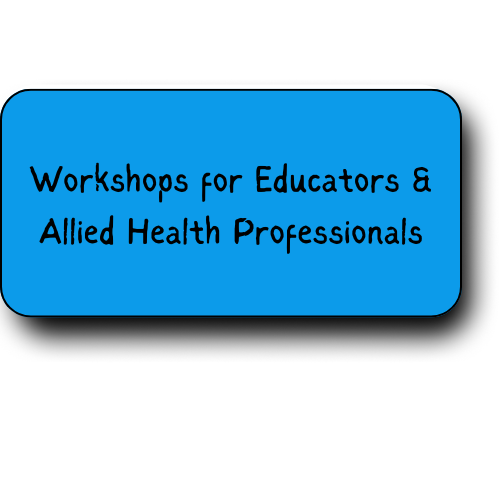
Are you a childcare, kindergarten, school, community service, or MCHN health professional looking for more information about OT or Building Blocks Therapy? We create tailored workshops for you on a range of areas, including motor skills, emotional regulation, sensory processing, self-care, play skills, and social skills.

